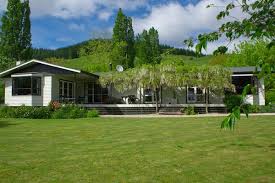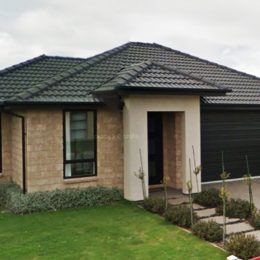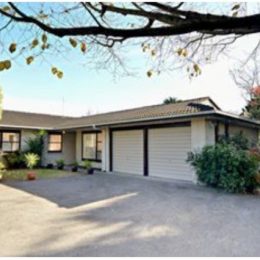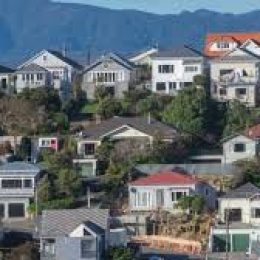I have residency. Lets think about Buying Property
This is a topic all on its own. The cost of property in New Zealand can be easily 10 times as much as in South Africa in the main cities, so it is extremely important to do your due diligence thoroughly. Do not just use the first broker who contacts you (There will be many). Also, compare banks, building contractor, real estate agencies and even conveyancing lawyers. It is a very complex and competitive market
Choosing Where to live
This is a lot different to renting a property. When renting, the considerations are primarily distance to work and school zones. Buying adds another level of complexity in terms of value for money, affordability, future council or government plans for a suburb, growth areas, and even ownership rights. You are strongly advised to understand the market before jumping in, but at the end of the day, its personal choices.

Buying a Property
This is a relatively simple process in New Zealand. Generally, you can settle a transaction in a few weeks and often move within a month or two. Never ever sign an offer without due consideration. Its irreversible. You should use a solicitor to assist, but bear in mind this is a simple transaction, so you don’t need a senior partner of a blue-chip law firm. You should not pay more than $1000 – $2000 if it’s a simple transfer. There are a number of online guides which are extremely good.
There is an option obviously to build, but that is a topic on its own which you can look into by using this website as a start
Cost of Housing
There is enormous variation in price, and some areas or cities are increasing in value currently while others are cooling. This is a dynamic process.
There are several places you can get an idea of value. All properties in NZ are valued by councils for the purpose of charging local rates and taxes. This value is a CV, but can be a year or two out of date. Use a website such as QV to make better decisions. You can even map local properties to see recent sales and estimated prices of local streets. There are a number of ways of buying property as well. Often prices will not be quoted. The property may be auctioned or subject to negotiation. Your real estate agent will assist with this. Only ever use a licenced agent.
Other Costs
You will easily be able to find out local costs such as power, rubbish removal and water. Some councils charge for water and others don’t, and costs will vary.
All property will attract rates, which is the tax that local councils charge for maintenance of parks, libraries, local roads, water and a multitude of other things. You need to budget for rates. Rates are generally based on the value of the property. Some councils have flat fees for things like water and rubbish removal.
You can check how your own local council operates.
Financing your property
First terminology – a SA bond is referred to in New Zealand as a mortgage. There are several ways to source finance. You could use a bank directly, or use a mortgage broker, or even some financial advisers can assist. Banks have restrictions on funding, the most common of which currently is what is called a loan to value ratio. This is quite complex and you will need to understand it. Also, there are restrictions on what property you can buy as a migrant. Generally you need residency to buy property, but as with all things there are exceptions. The situation with buying property changes often, so its best to check what it is at the time you are the decision.
There is currently a requirement for a 20% deposit to buy a house, but again there are exceptions which are addressed on other websites. There are also different rules for buying rural property.
Insurance
Your home is your major asset and it is essential to make sure it is adequately insured. There is a government insurance in the event of natural disasters such as an earthquake. This covers all New Zealanders and all dwellings but is very specific.
You need to contact a reputable insurance company to insure both the home, and its contents. Most companies will do both, and it is well worth getting comparative quotes, as companies and areas within New Zealand will attract vastly different levels. The larger companies will invariably offer better rates and service. Be aware there are lots of small insurance companies. If you make a house claim, it can be large and complex, so due your due diligence. Also be aware that most insurance is capped at a level you select, and you need to look at the level of cover at least every few years





